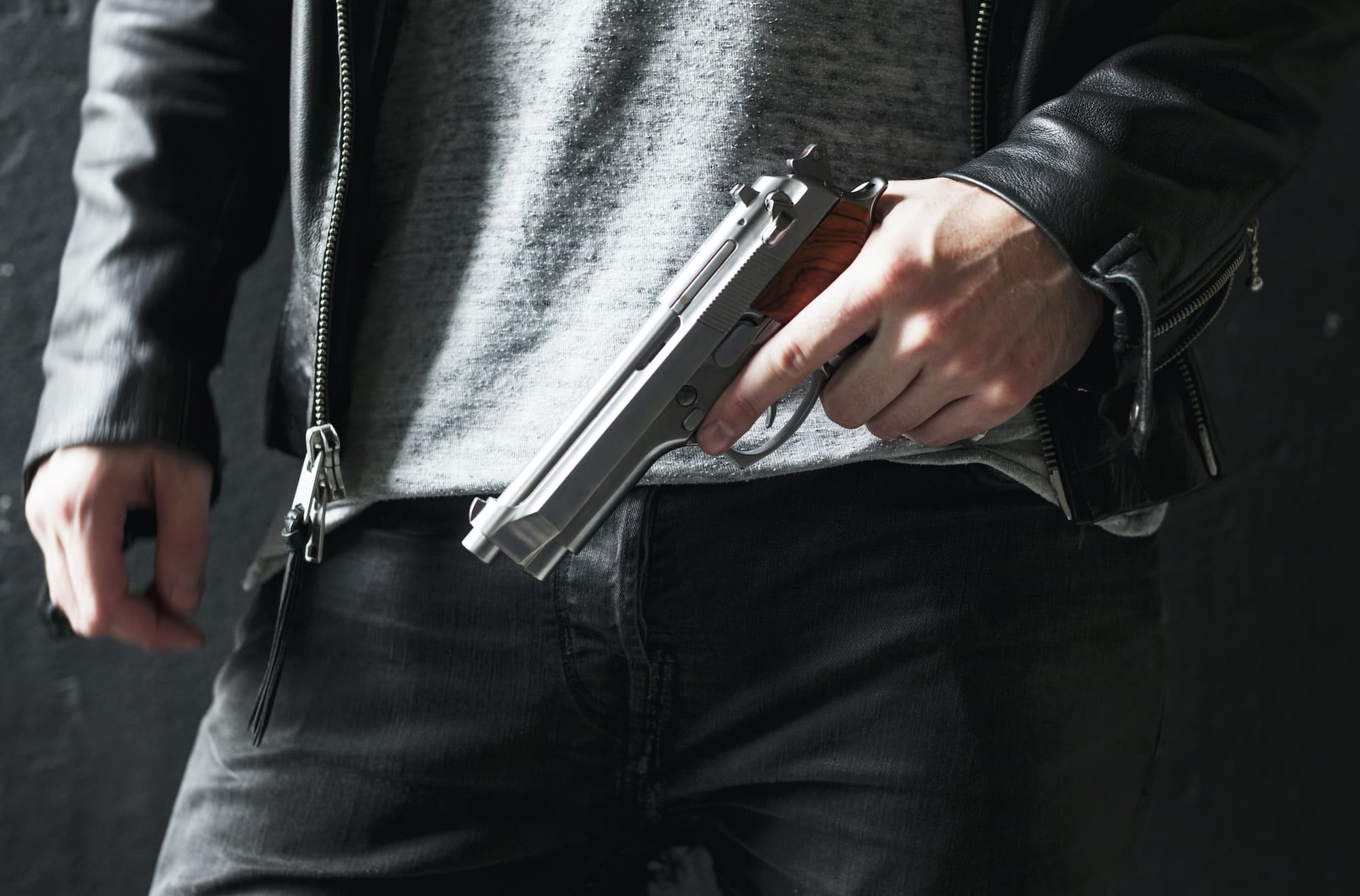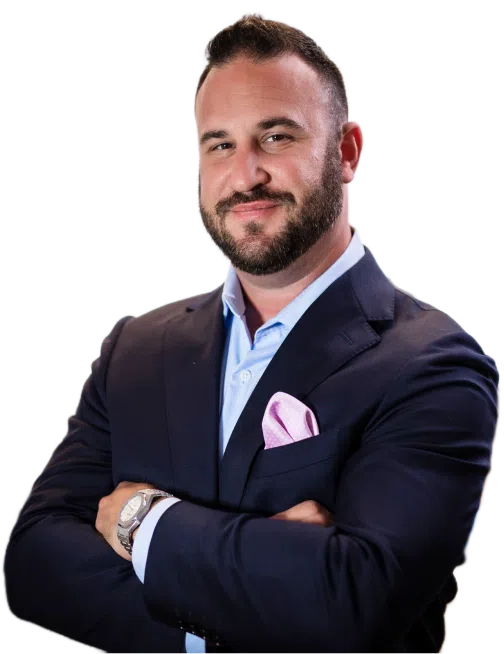Penalties and Sentencing
When convicted of a gun crime in Florida, you are likely going to face very serious legal consequences. These consequences can vary depending on the specific charge and whether the crime is considered a felony or a misdemeanor. For instance, unlawful gun possession may result in a third-degree felony, which carries a sentence of up to five years in prison and a maximum fine of $5,000.
Florida also imposes mandatory minimum sentences for certain firearm-related offenses under its 10-20-Life law. Committing a crime with a gun leads to a 10-year minimum sentence while firing a gun during a felony results in a 20-year minimum sentence. If someone is injured (even accidentally) by a gunshot during a felony, the minimum sentence increases to 25 years to life.
Impact on Future Rights and Freedoms
A gun charge conviction can have a lasting effect on an individual’s rights and freedoms. One of the most significant impacts is on gun ownership. Convicted felons, in particular, are prohibited from possessing firearms under state and federal laws. This restriction applies even if the initial conviction involved a misdemeanor.
In addition to losing the right to own firearms, those with a gun crime conviction on their record may also face other substantial restrictions. For example, individuals might encounter difficulties securing employment, obtaining housing, or entering certain professional fields. Furthermore, a felony conviction can result in losing voting rights, disqualification from public office or jury service, and limited access to government assistance programs.
Both probation and imprisonment are common outcomes of gun crime convictions, emphasizing the importance of understanding the penalties and potential long-term effects. A knowledgeable attorney can provide guidance and support for individuals charged with gun crimes in Florida, helping them navigate the complex legal landscape and protect their rights.















